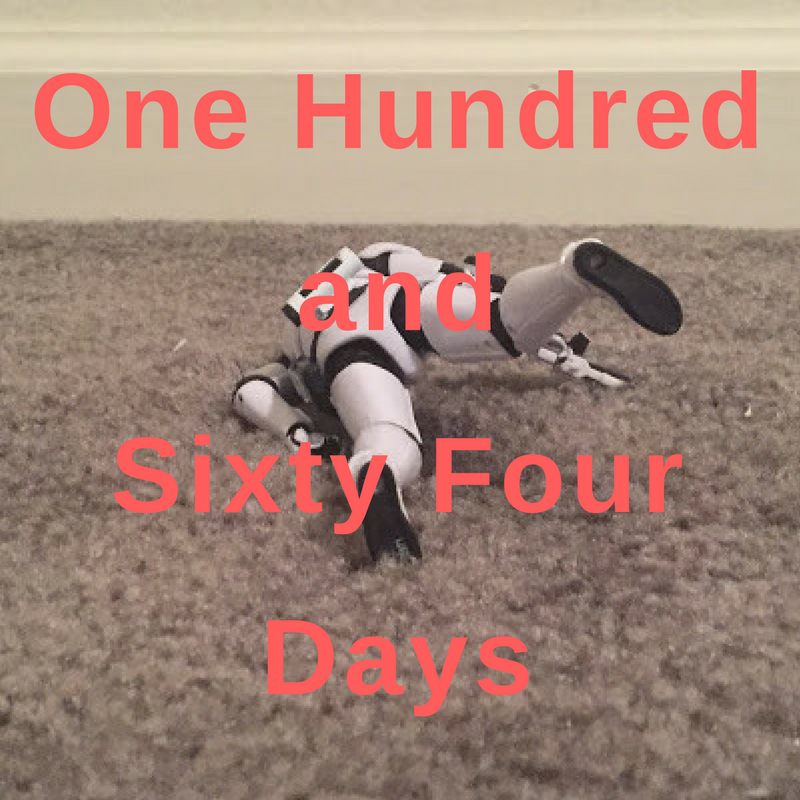Many of the more questionable stories involving race throughout the history of supercomics can and usually are dismissed with the simple observation that the creators' had their "hearts in the right place." It's easy to look at Ebony White and Pieface and see callous racism, but by the mid-60s most of the parties involved in mainstream comics had eliminated or at least toned-down the instances of outright bigotry. In the place of bigotry was a gradually growing awareness of diversity issues. By the late 60s, that meant two things: a small but growing category of ethnically diverse superheroes and adventure characters - i.e., Gabe Jones, T'Challa, the Falcon; and a profusion of "issues" stories.
Most people are usually kind to "issues" stories even if they - as a rule - age horribly. Everyone knows these panels:




